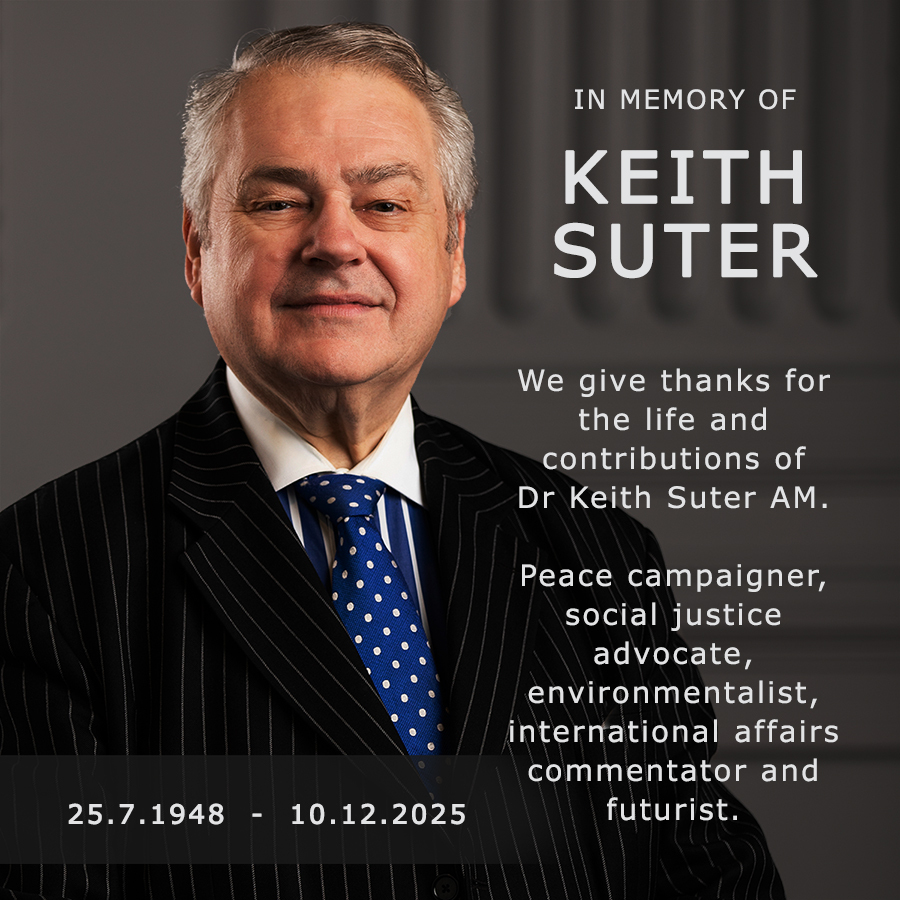
Alcohol Awareness Week
November 12, 2008
RADIO 2CBA FOCAL POINT COMMENTARY BROADCAST ON FRIDAY SEPTEMBER 3 1999 ON RADIO 2CBA FM.
People who keep away from drinking alcohol are not “wowsers” – they are winners.
Alcohol Awareness Week begins on Sunday. The Network is a group of church organizations and commercial concerns with an interest in alcohol-free living. The Network is using Alcohol Awareness Week as a way of alerting people to the dangers of alcohol.
Dr Christina Naylor has produced for The Network some background information on the dangers of alcohol. Its makes sobering reading.
First, drinking alcohol is a health hazard. This is well known in the case of heavy drinkers. But even so-called light drinkers are taking a risk by having a drink. Drinking alcohol damages the brain. It may also cause cancer. It may also damage unborn babies if their mothers are having a drink of alcohol.
Second, Dr Naylor points out that the Bible does not approve of drinking alcohol.The Bible’s positive references to “wine” all apply to unfermented grape juice, while all the Bible’s criticisms refer to alcoholic, intoxicating wine – regardless of the quantity.
The Bible’s warnings about alcohol are the same as are now being made by the medical profession, such as the damage that it does to judgement and its contribution to illness.
The Bible also talks about the need for rulers, civil officials and religious leaders to abstain from drinking wine.
Several techniques were used in the ancient world to prevent the fermentation of grape juice. Unfermented wine was actually easier to preserve than the fermented. Jesus’s conversion of water into wine at the wedding of Cana was a conversion of water into unfermented wine. Jesus never got anybody tipsy – let alone blind drunk.
Dr Naylor’s material for Alcohol Awareness Week ends with the argument that there is a need to create alcohol-free areas. She identifies three groups of actions we can all take.
First, we can teach people about the damage caused by drugs, especially alcohol, and to be clear about what the Bibles really says about alcohol. The Bible does not encourage the drinking of alcohol.
Second, we can ensure that alcohol and other drugs are not available in any form in our homes and churches. People should not need alcohol to be sociable.
Third, we can set our own personal example of not drinking at all. For example, I am often invited to speak at youth conferences and schools. I deal with big picture international political and economic issues. But I always look for an opportunity to slip into my presentation that I do not drink.
I try to do my bit to set an example to impressionable young people. After all, you never know which piece of coal blows the whistle. Even only a small remark may help a young person to re-think their ways – and give them courage to stand up to the peer pressure to have a drink.
We all have a part to play in defeating the demon drink.

